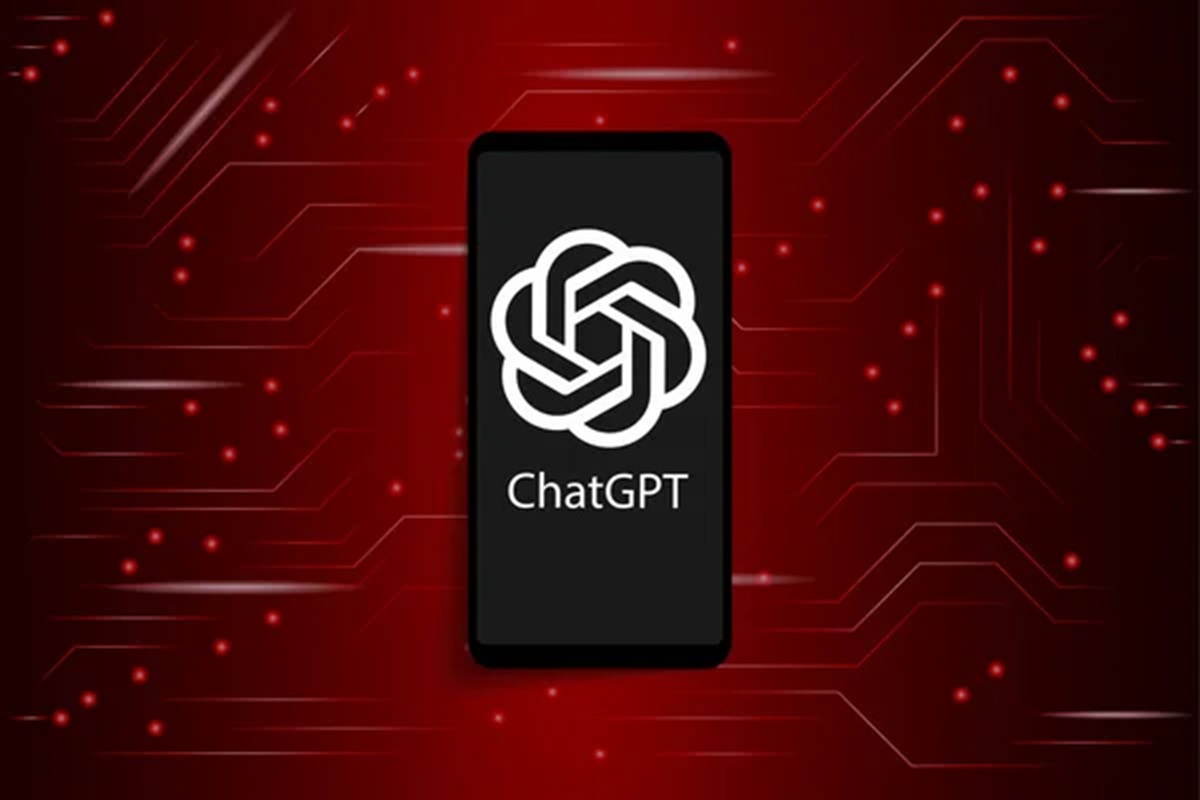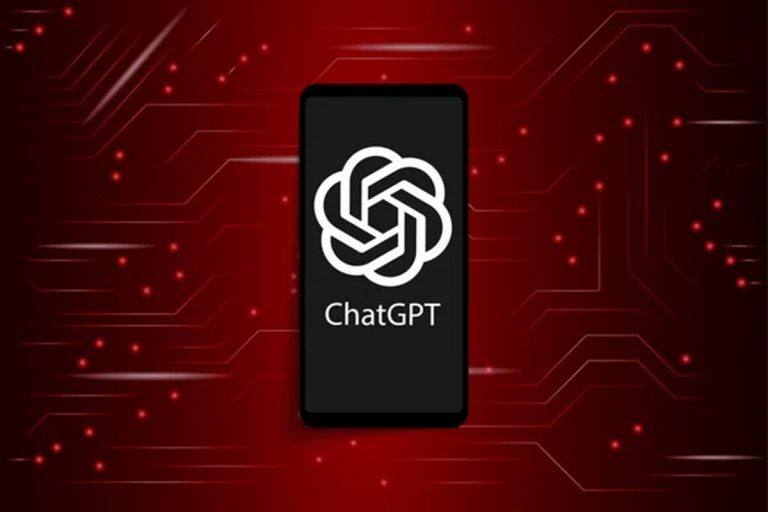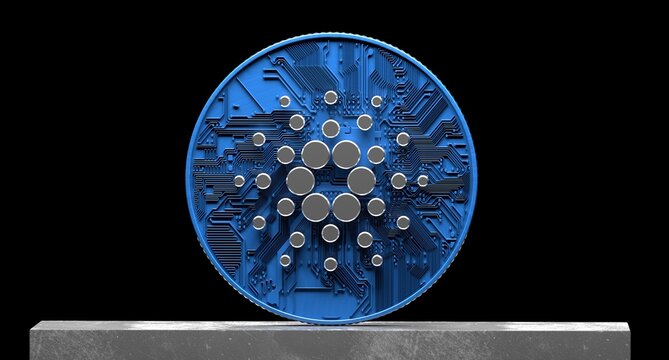OpenAI’s Sam Altman Hints at Possible Ads in New ChatGPT “Pulse” Feature, Calls It His Favorite Launch Yet


OpenAI CEO Sam Altman on Monday described the company’s newly launched ChatGPT Pulse as his “favorite feature we’ve launched in a long time,” adding that while there are currently no firm plans to introduce advertising within the tool, the company is open to exploring that possibility in the future.
Altman made the remarks during a Q&A session with reporters at OpenAI’s DevDay event in San Francisco, where he discussed the company’s growing focus on personalization and the ways Pulse could transform ChatGPT from a reactive assistant into a proactive digital companion.
Pulse, which quietly rolled out to ChatGPT Pro users, represents OpenAI’s latest push into personalized AI. The feature enables the chatbot to learn about a user through their past chat transcripts and connected apps — such as calendars, emails, or productivity tools — and then perform autonomous overnight research to deliver a tailored daily briefing each morning.
Register for Tekedia Mini-MBA edition 18 (Sep 15 – Dec 6, 2025): registration continues.
Tekedia AI in Business Masterclass opens registrations.
Join Tekedia Capital Syndicate and co-invest in great global startups.
Register for Tekedia AI Lab: From Technical Design to Deployment.
The “daily pulse,” as OpenAI calls it, can include anything from news summaries and language-learning routines to custom workout plans or even restaurant recommendations based on a user’s schedule. The idea, Altman explained, is to create a daily ritual where users begin their day with ChatGPT as a sort of “AI morning companion.”
“The degree to which we can find cool things to do that actually seem helpful to users … maybe there’s something to do there,” Altman said, when asked about the possibility of introducing ads into Pulse. “But as has been clear, we approach ads with great caution.”
During the session, OpenAI executives confirmed that the company had discussed advertising opportunities within Pulse, but no final decision had been made. Altman noted that he personally enjoys Instagram’s style of relevant advertising, hinting that OpenAI might eventually explore contextual, non-intrusive ads if they add value to users.

“When we were building Pulse, we originally planned to roll it out to everyone,” Altman added. “But its compute-heavy nature meant we could only roll it out to Pro users for now.”
The comments come as OpenAI continues to expand the capabilities of ChatGPT into a multi-modal, always-on AI assistant capable of managing schedules, generating insights, and anticipating user needs. The company has been experimenting with personalization features for over a year, including memory systems that let ChatGPT recall user preferences over time.
However, the mention of potential advertising has sparked debate within the tech community about whether OpenAI — which has largely positioned itself as a productivity and enterprise tool — might eventually adopt a consumer-facing ad business model similar to Google or Meta.

For now, though, Altman insists that any future move into advertising would be handled carefully. “We want to make sure anything we do feels additive and respectful,” he said.
The feature’s selective launch also underscores OpenAI’s ongoing computational cost challenges, particularly as demand for AI models continues to surge. The company is both testing user engagement and balancing server strain by restricting Pulse to Pro subscribers — who pay a monthly fee for premium access.
Analysts say Pulse could be a critical step in OpenAI’s broader plan to embed ChatGPT into daily life, moving it closer to becoming a true digital assistant capable of proactive learning and tailored service delivery. But if advertising eventually becomes part of that experience, OpenAI will need to strike a delicate balance between personalization and privacy — a line the company has repeatedly pledged to tread carefully.





